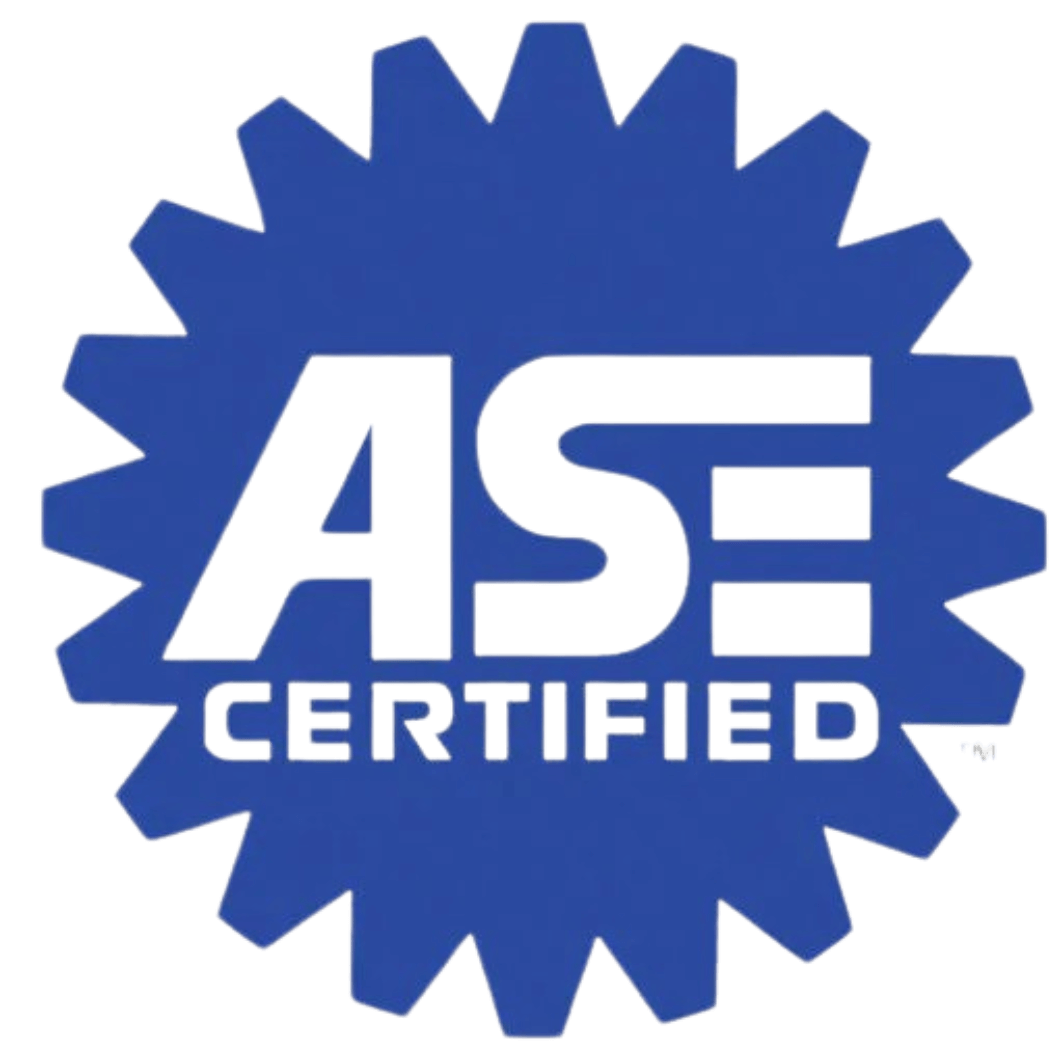What Happens If You Delay an Oil Change? | Car-X Oil Change Services
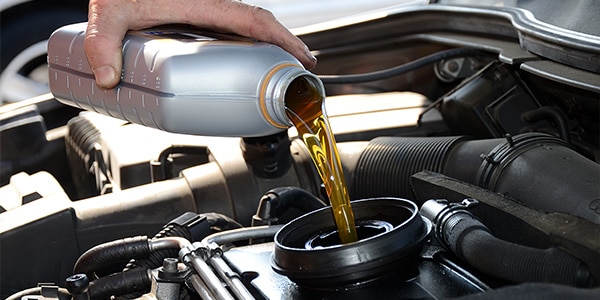
What Happens If You Delay an Oil Change? Oil is the lifeblood of your engine. Ignoring it can turn a small maintenance task into a massive repair bill. The Silent Damage of Delay We’ve all been there—the sticker on the windshield says you’re due, but life gets busy. You might think, “The car is running […]
What is an Engine Tune Up? The Importance of Preventive Maintenance for Your Vehicle
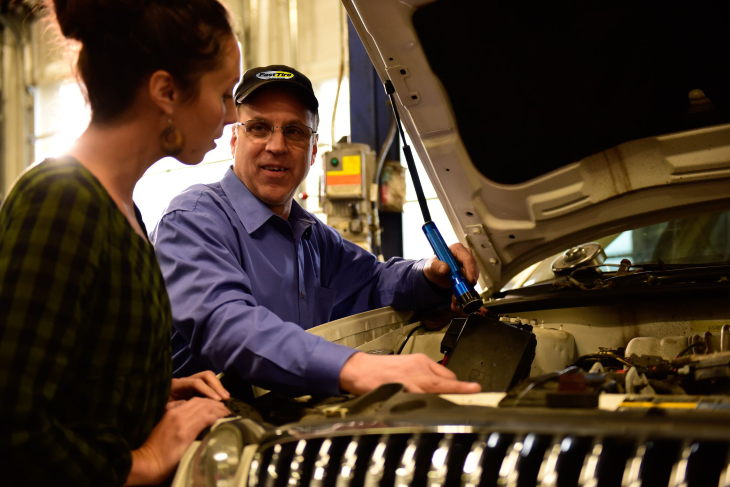
What Is an Engine Tune-Up? The Power of Preventive Maintenance Keep your vehicle running smoother, longer, and more efficiently with regular engine care. The Evolution of the Tune-Up The term “tune-up” has evolved significantly over the years. In older vehicles, it meant adjusting the carburetor and ignition points. Today, with modern fuel injection and computer-controlled […]
Top 5 Reasons Why Your Steering Wheel Won’t Turn

There’s nothing worse than realizing your steering wheel isn’t turning right or is simply not turning at all. When these issues arise, it’s important to remember that there is usually a simple explanation and there’s no need to worry. That being said, it is important to understand why your steering wheel isn’t turning, which is […]
Will My Battery Last This Winter? Car Battery Maintenance
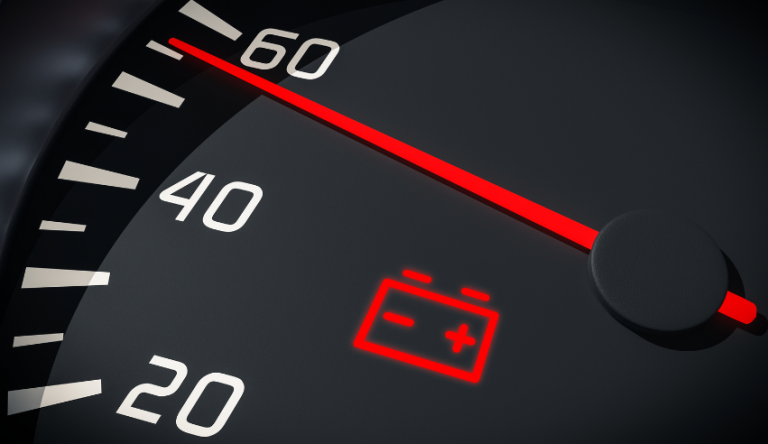
Will My Battery Last This Winter? Essential Maintenance Beat the cold with a quick check. Your car’s battery is most likely to fail when the temperature drops. The Cold Truth About Car Batteries When winter arrives, batteries are subjected to their greatest test. Cold weather significantly reduces a battery’s cranking power while simultaneously increasing the […]
Ultimate Guide to Car and Vehicle Alignment
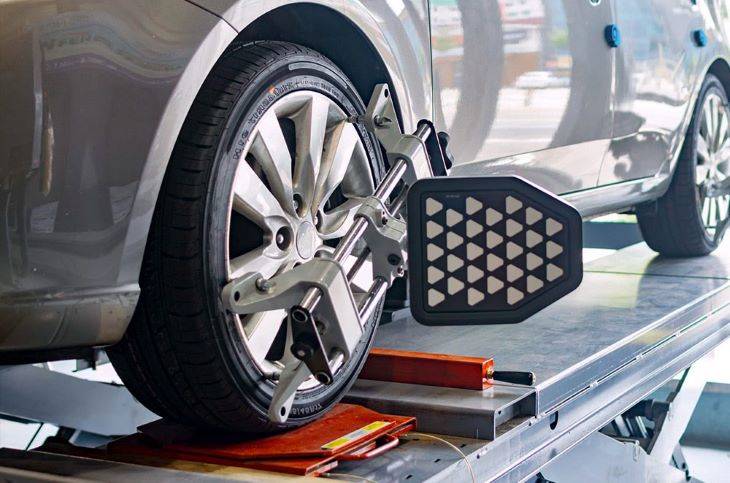
Ultimate Guide to Car and Vehicle Alignment Why keeping your wheels straight is the secret to safety, fuel economy, and tire longevity. It’s Not Just About the Tires When we talk about “alignment,” we aren’t just talking about the tires themselves. We are talking about the vehicle’s suspension system—the complex system that connects your vehicle […]
Understanding Your Car’s Exhaust System
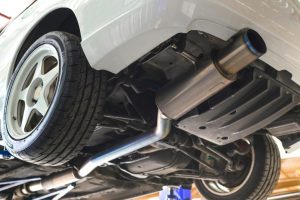
Mufflers & Exhaust Learn the key parts of your exhaust system—what they do, warning signs of trouble, and when to visit Car-X for inspection or repair. Updated October 29, 2025 5-6 min read Jump to: What an Exhaust System Does Main Components & Functions Signs You Need Exhaust Service Why Regular Exhaust Checks Matter Exhaust […]
Understanding 5 Essential Components of Your Car’s Brake System
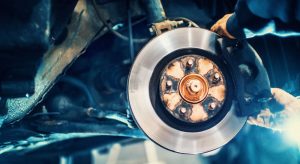
Understanding 5 Essential Components of Your Car’s Brake System Knowing how your car stops is the first step in keeping you and your family safe on the road. More Than Just a Pedal You press the pedal, and the car stops. It feels instant, but behind that simple action is a complex hydraulic system working […]
Common Car Repairs You Should Not Do Yourself
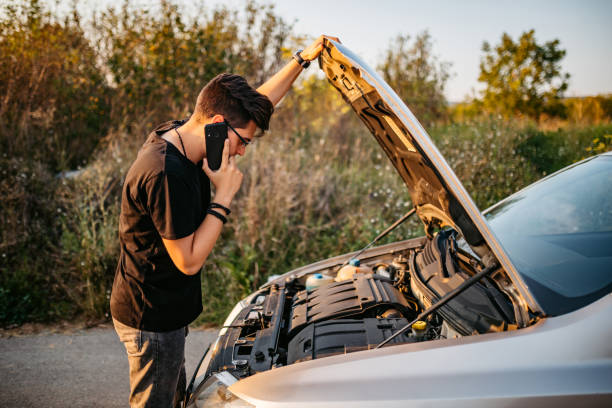
5 Common Car Repairs You Should Not Do Yourself Know your limits: Why some DIY fixes can cost you thousands or compromise your safety. The DIY Danger Zone We love the DIY spirit. Changing your own windshield wipers, air filters, or even your oil can be rewarding and save you a few bucks. However, modern […]
Can My Flat Tire Be Fixed?
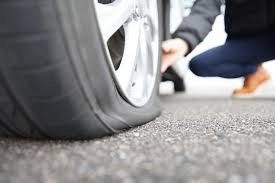
At some time or another, most people will experience a flat tire on their car. Flats can happen for a variety of reasons, and the good news is that in most cases, tires that have gone flat can be repaired. However, not all tires can be repaired. In this blog, let’s take a look at […]
Catalytic Converters: What They Do, Why They’re Targeted, and How to Protect Your Vehicle
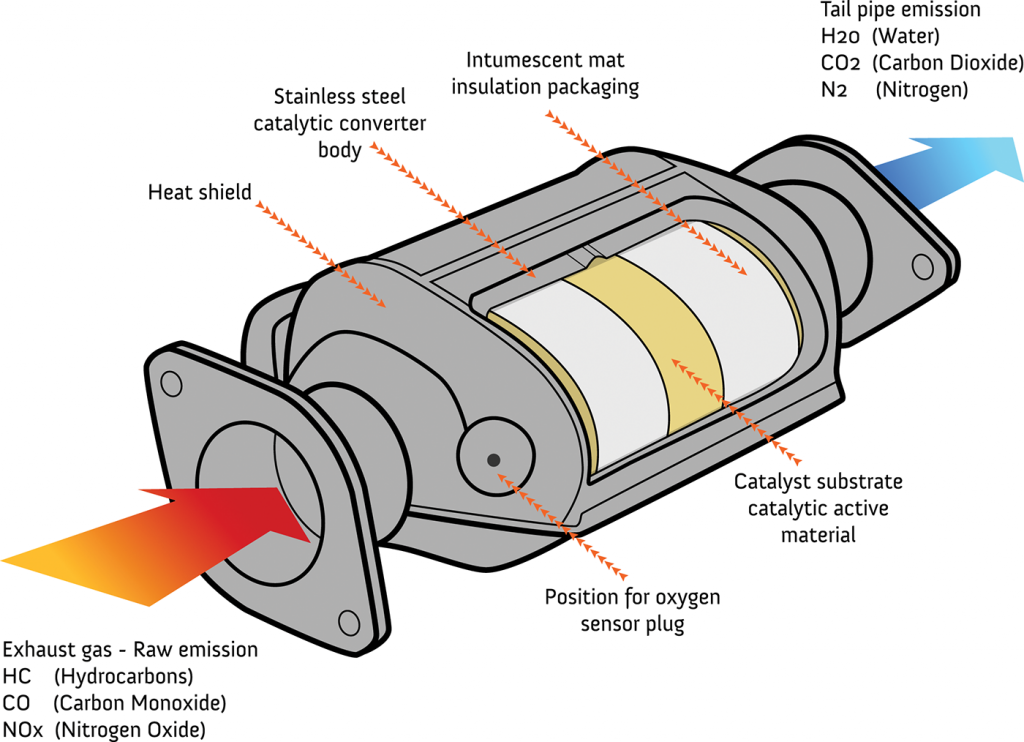
Mufflers & Emissions Understand how catalytic converters reduce emissions, where they’re located, why thefts happen, and practical steps to prevent theft—plus what to do if yours is stolen. Updated October 29, 2025 5–7 min read Jump to: What Is a Catalytic Converter? What’s the Purpose? Where It’s Located How It Works What’s Inside Why Converters […]

